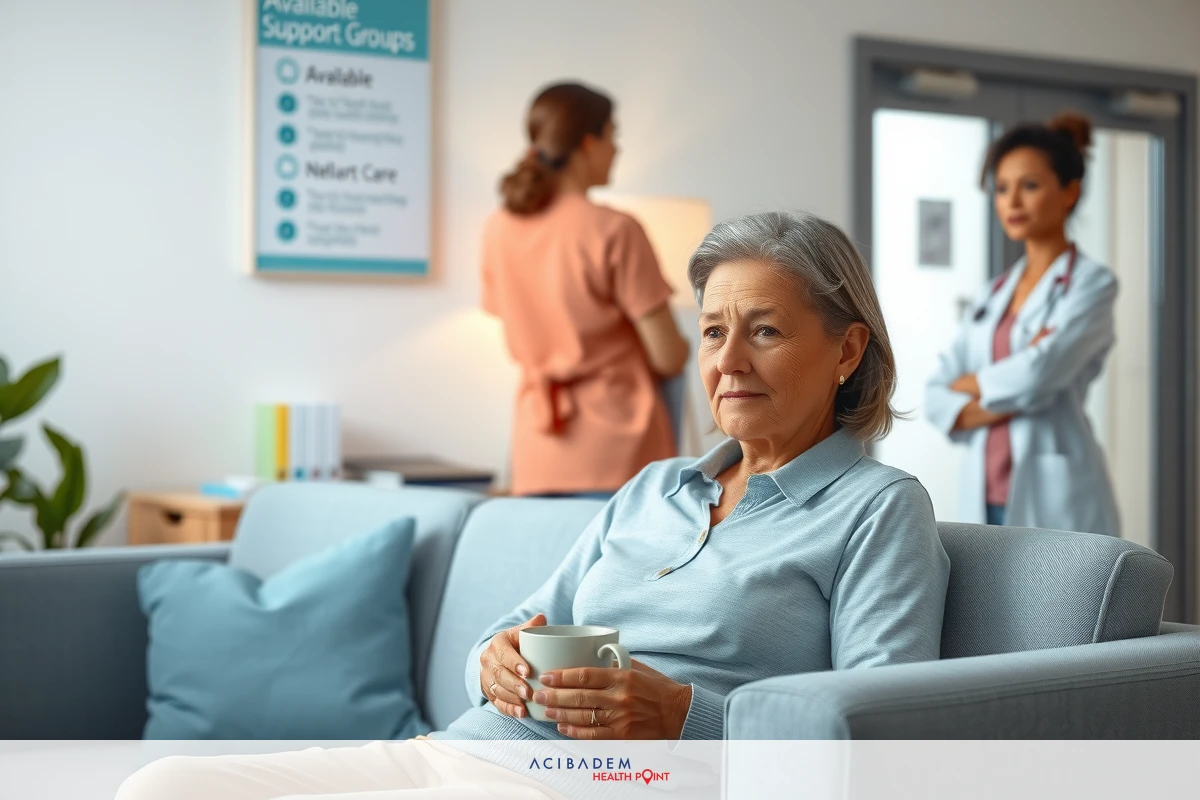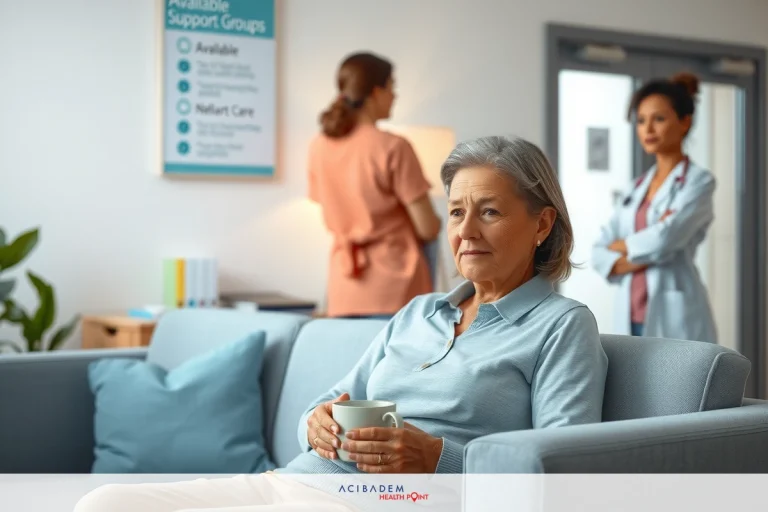NSCLC Follow-Up Care After you finish treatment for Non-Small Cell Lung Cancer your body needs time to recover and heal. Your doctor will want to keep a close watch on your progress in the months and years that follow. Regular visits allow them to catch any changes early and manage any side effects from the treatments you’ve received. They’ll also offer tips for staying healthy and discuss any concerns you might have moving forward.
Living with the aftermath of cancer treatment can be challenging yet many people find new strength during this period. It’s important to know what symptoms should prompt an immediate call to your healthcare provider. Building a support network of friends, family, or fellow survivors can make all the difference as well known support groups may provide comfort when times get tough.
Maintaining good health is more than just following up with doctors. It’s about taking care of yourself every day. Eating right, getting enough sleep, and being physically active are key parts of your recovery journey. If doubts or questions arise about what activities are safe for you post treatment check with professionals who understand your unique situation.
Post Treatment Monitoring
After finishing treatment for NSCLC regular check ups are vital. These visits help your doctor track your recovery and ensure the cancer has not returned. During these appointments you can expect a series of tests to be scheduled. They may include scans or blood work depending on what your doctor thinks is best.
Monitoring after NSCLC care also focuses on how well you’re breathing. Lung function tests might become a routine part of your follow up care plan. It’s normal to feel anxious before each test but remember they’re key in keeping an eye on your health status.
Your doctor will set up a post treatment plan that suits you best. This could mean visiting every few months initially and less often as time goes by if all stays well. Each visit gives you the chance to talk about any new symptoms or worries that have come up since your last check up.
It’s important to keep all scheduled appointments for monitoring even if you feel fine. Some changes inside the body may not show outward signs until later stages so staying ahead with regular checks is crucial for ongoing health after cancer treatment.
Managing Side Effects
Even after treatment ends NSCLC patients may deal with side effects. It’s important to manage these to maintain quality of life. Your care team can help create a plan for dealing with issues like fatigue or pain. They know what works well and will tailor the advice to your specific needs.
One common concern is how to handle breathlessness following lung cancer treatment. Breathing exercises and gentle activity can improve endurance over time. Speak up if shortness of breath disrupts daily tasks. There are aids that can help make breathing easier.
Nutrition plays a role in managing side effects. A balanced diet supports healing and energy levels which might be low post treatment. If you struggle with eating due to nausea or loss of appetite small frequent meals could work better than three large ones.
For emotional side effects such as anxiety or sadness support groups offer comfort and understanding from those who truly get it. Professional counseling services can also provide tools for coping during this part of your journey

back to health after cancer treatment.
Healthy Lifestyle Choices
Adopting a healthy lifestyle after NSCLC treatment can do wonders for your well-being. Start with what you eat; choosing fruits, veggies, and whole grains will fuel your body right. Drinking plenty of water is also key to flushing out toxins and keeping hydrated. Try to limit processed foods and sugars as they don’t offer the nutrients you need.
Staying active is another important part of living healthily post cancer care. You don’t have to run marathons; even daily walks can boost your mood and stamina. Listen to your body though, if you feel tired it’s okay to take a break or ask for help from friends or family.
Finally good sleep helps in healing and managing stress levels after NSCLC treatment. Create a calm bedtime routine that signals your mind it’s time to rest. Keep gadgets away from the bed so their light doesn’t disturb your sleep pattern. Your body will thank you for the quality rest!
Support Resources
Support resources are crucial for NSCLC survivors during follow-up care. Hospitals often have information on local support groups where you can meet others who understand your journey. Online forums and communities also offer a place to share experiences and advice any time of day. These networks provide both emotional backing and practical tips from peers.
In addition to peer led groups professional counseling is available for cancer survivors. Therapists who specialize in oncology can help navigate the complex feelings that come after treatment. They work with you to develop coping strategies that suit your personal situation.
Many cancer centers provide survivorship programs tailored for post treatment needs. These may include workshops focused on nutrition, exercise, or stress management designed specifically for those who’ve had NSCLC. Survivorship clinics often have teams including doctors, nurses, social workers, and more.
For assistance with financial concerns or navigating healthcare systems patient advocates can be invaluable resources. They understand the intricacies of insurance policies and aid in finding ways to manage medical expenses effectively.
Follow-Up Care FAQs
Q: How often do I need to see my doctor for follow-up after NSCLC treatment?
A: The schedule can vary based on individual cases, but initially, it might be every few months.
Q: What kind of tests will I need during my follow-up care?
A: Common tests include imaging scans like CTs or MRIs and blood work to monitor health status.
Q: Can lifestyle changes impact my follow-up care outcomes?
A: Yes a healthy diet and regular exercise can help improve recovery and overall well being after treatment. Please note that the answers provided here are for informational purposes only and do not constitute medical advice. Always consult your healthcare provider for guidance specific to your health condition.









